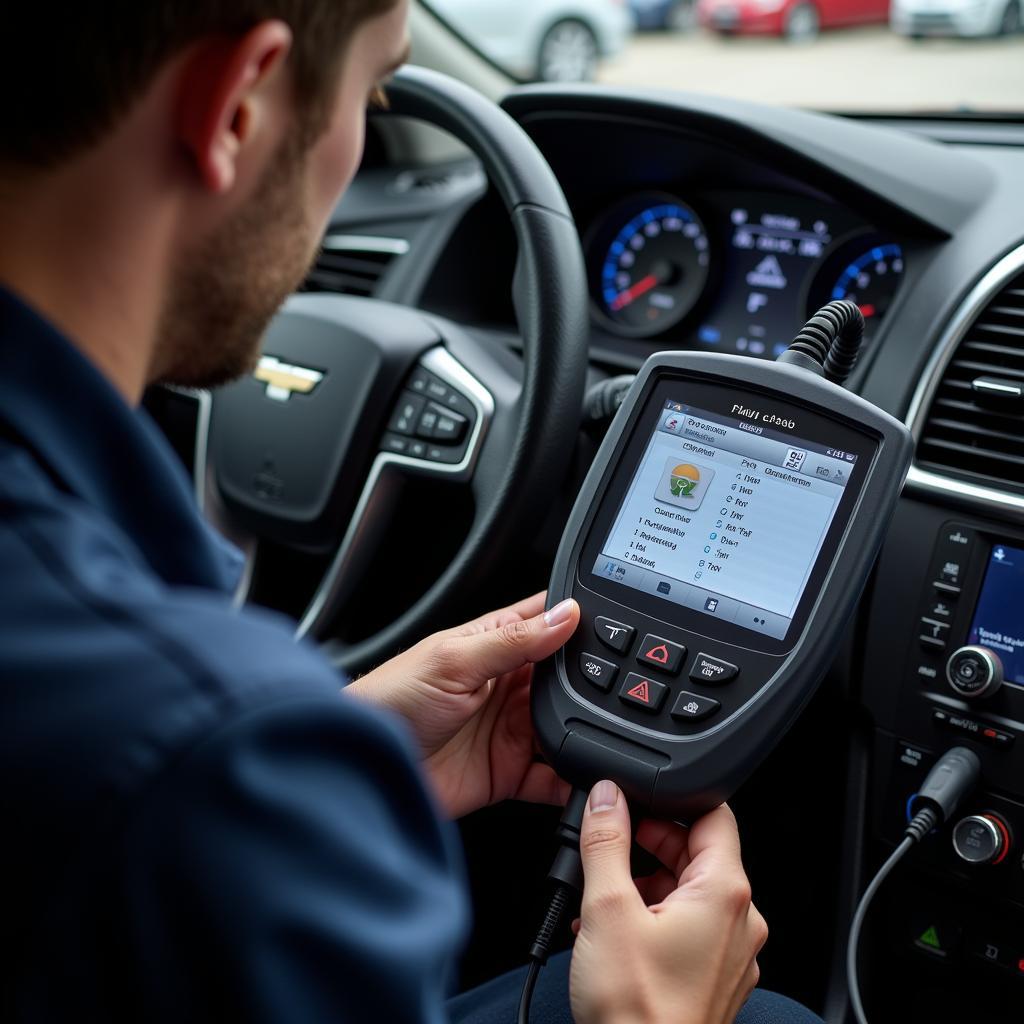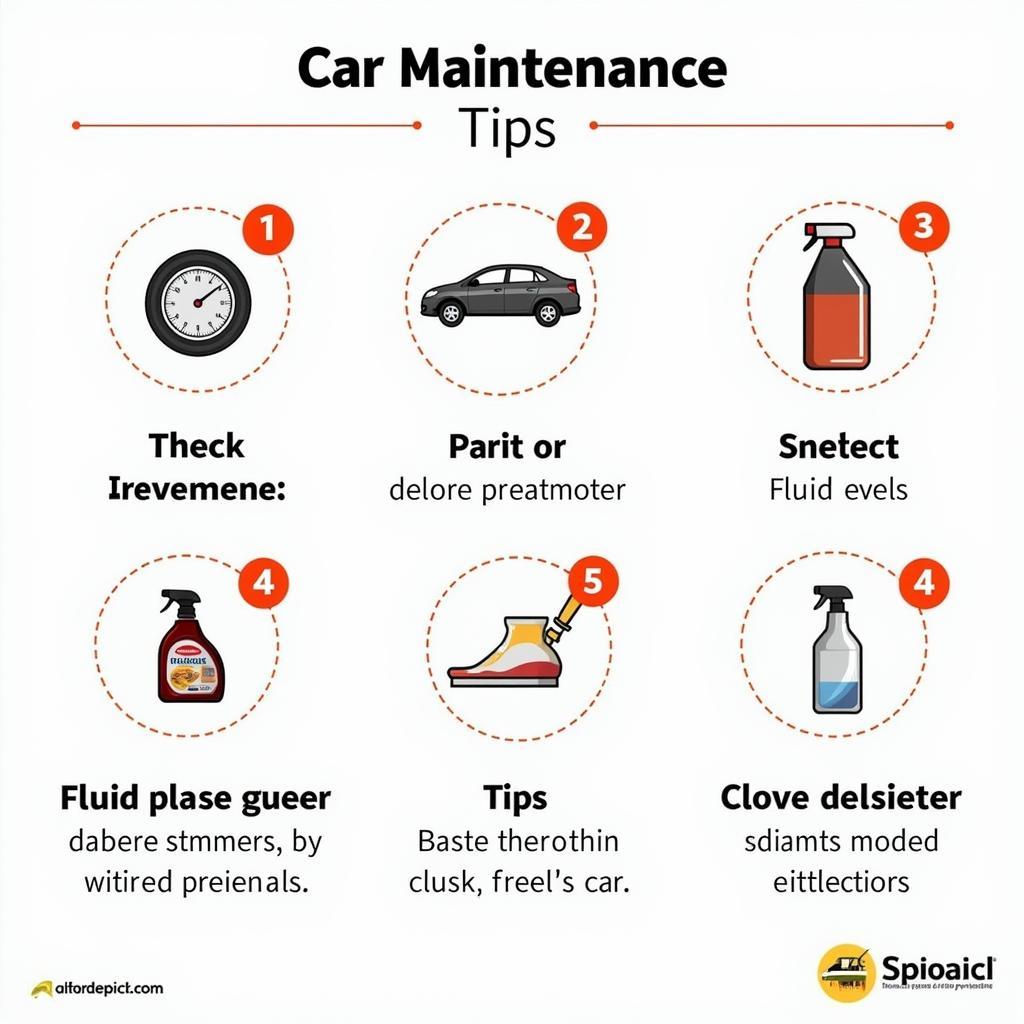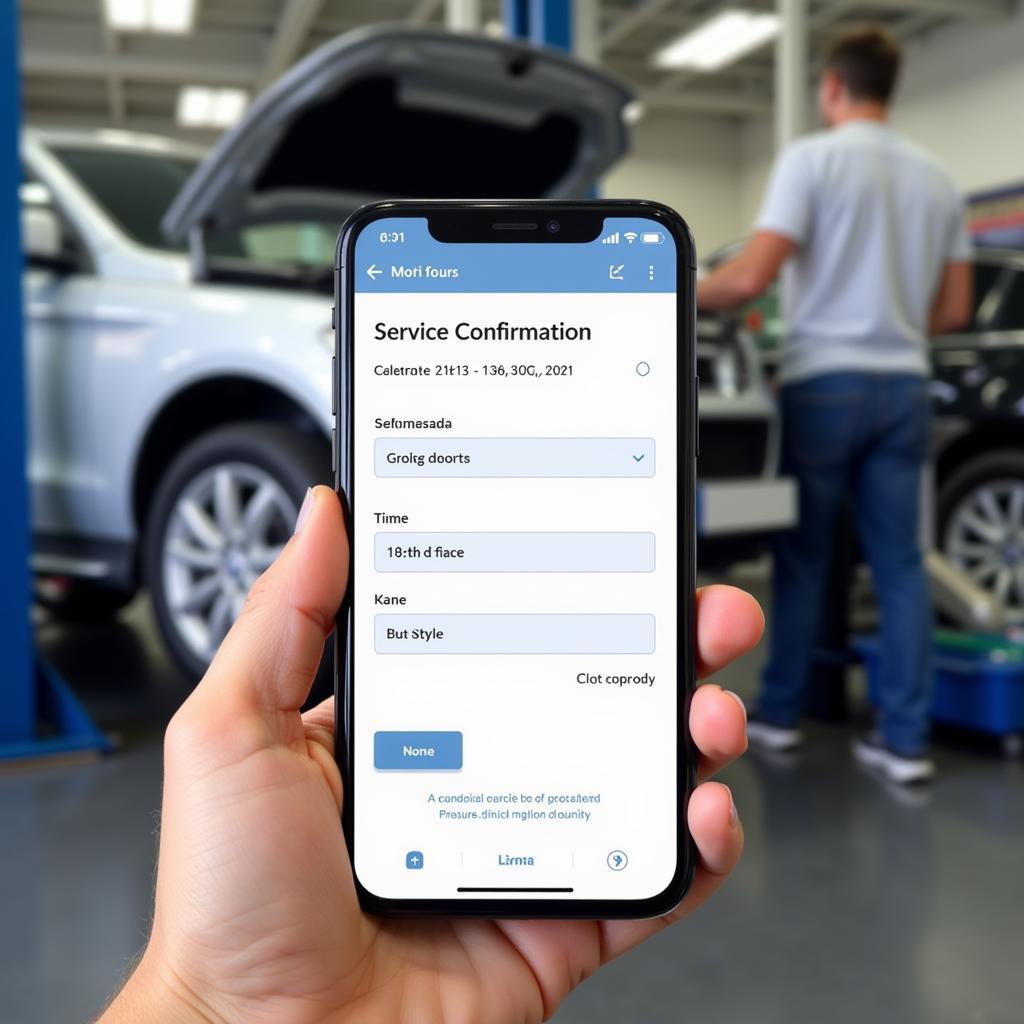Car Service Mechanics: Your Ultimate Guide to Finding the Best
Car service mechanics play a crucial role in keeping our vehicles running smoothly and safely. Finding a skilled and trustworthy mechanic can be challenging, but this guide will equip you with the knowledge you need to make informed decisions about your car’s maintenance and repairs. From understanding different types of car service mechanics to navigating the complexities of diagnostics and repair, we’ll cover everything you need to know.
Types of Car Service Mechanics
There are various types of car service mechanics, each specializing in different areas of vehicle maintenance and repair. Understanding these distinctions can help you choose the right mechanic for your specific needs.
- General Automotive Repair Technicians: These mechanics handle a wide range of services, from routine maintenance like oil changes and tire rotations to more complex repairs like brake replacements and engine diagnostics.
- Specialized Mechanics: These professionals focus on specific vehicle systems or brands. Examples include transmission specialists, brake specialists, and mechanics specializing in European or Asian vehicles.
- Mobile Mechanics: These mechanics offer the convenience of coming to your location, saving you time and hassle. They are particularly useful for minor repairs or routine maintenance.
- Dealership Mechanics: These mechanics work specifically for car dealerships and are trained to work on that particular brand. They often have access to specialized tools and the latest updates for their brand’s vehicles.
Choosing the Right Car Service Mechanics
Finding a trustworthy car service mechanic can be daunting. Consider these factors when making your decision:
- Certifications and Experience: Look for certifications like ASE (Automotive Service Excellence) which indicate a mechanic’s competence and commitment to ongoing training. Experience, especially with your specific make and model, is also a valuable asset.
- Reputation and Reviews: Check online reviews and ask for recommendations from friends and family. A strong reputation built on positive customer experiences is a good indicator of quality service.
- Transparency and Communication: Choose a mechanic who communicates clearly about the required repairs, associated costs, and estimated timelines. Avoid mechanics who are evasive or unclear about their processes.
Understanding Diagnostic Technology in Car Service
Modern car service increasingly relies on sophisticated diagnostic technology. These tools allow mechanics to identify problems quickly and accurately.
- OBD-II Scanners: These devices plug into your car’s computer system and retrieve diagnostic trouble codes (DTCs). These codes provide valuable clues about the nature and location of the problem.
- Digital Multimeters: These tools measure electrical values like voltage, current, and resistance, helping mechanics pinpoint electrical faults in the vehicle’s systems.
- Oscilloscope: This advanced diagnostic tool displays the waveforms of electrical signals, allowing mechanics to analyze the behavior of various sensors and components in real-time.
Maintaining Your Car with Regular Service
Regular car service is essential for preventing major problems and extending the life of your vehicle. Following the manufacturer’s recommended service schedule is crucial.
- Oil Changes: Regular oil changes are vital for lubricating the engine and preventing premature wear.
- Tire Rotations and Balancing: Regular tire rotations and balancing ensure even tire wear and improve handling and fuel efficiency.
- Brake Inspections and Service: Regular brake inspections and timely replacements are essential for safety.
 Mechanic Performing Diagnostic Test
Mechanic Performing Diagnostic Test
Cost of Car Service
The cost of car service can vary widely depending on the type of service required, the make and model of your vehicle, and the labor rates in your area. Obtaining multiple quotes from different mechanics can help you find a fair price.
- Preventative Maintenance: Routine maintenance like oil changes and tire rotations are generally less expensive than major repairs.
- Repairs: The cost of repairs can vary significantly depending on the complexity of the problem and the parts required.
- Diagnostic Services: The cost of diagnostic services can range from a simple code scan to more in-depth analysis using specialized equipment.
“Regular preventative maintenance is the key to avoiding costly repairs down the road. It’s a small investment that pays off big time in the long run.” – John Smith, ASE Certified Master Technician
Conclusion
Finding reliable car service mechanics is crucial for keeping your vehicle running smoothly and safely. By understanding the different types of mechanics, considering key factors when making your choice, and staying informed about diagnostic technology and maintenance schedules, you can make informed decisions about your car’s care. Remember, a well-maintained vehicle is a safe and reliable vehicle. Start your search for a qualified car service mechanic today.
 Car Undergoing Routine Maintenance
Car Undergoing Routine Maintenance
FAQ
- How often should I get my oil changed?
- What are the signs of a failing alternator?
- How can I tell if my brakes need to be replaced?
- What is the difference between all-season and winter tires?
- How can I improve my car’s fuel efficiency?
- What should I do if my check engine light comes on?
- How can I find a trustworthy mobile mechanic?
Need Help? Contact Us!
For any car service needs or inquiries, don’t hesitate to reach out to our expert team. Contact us via WhatsApp: +1(641)206-8880, Email: [email protected] or visit us at 456 Oak Avenue, Miami, FL 33101, USA. We offer 24/7 customer support.

